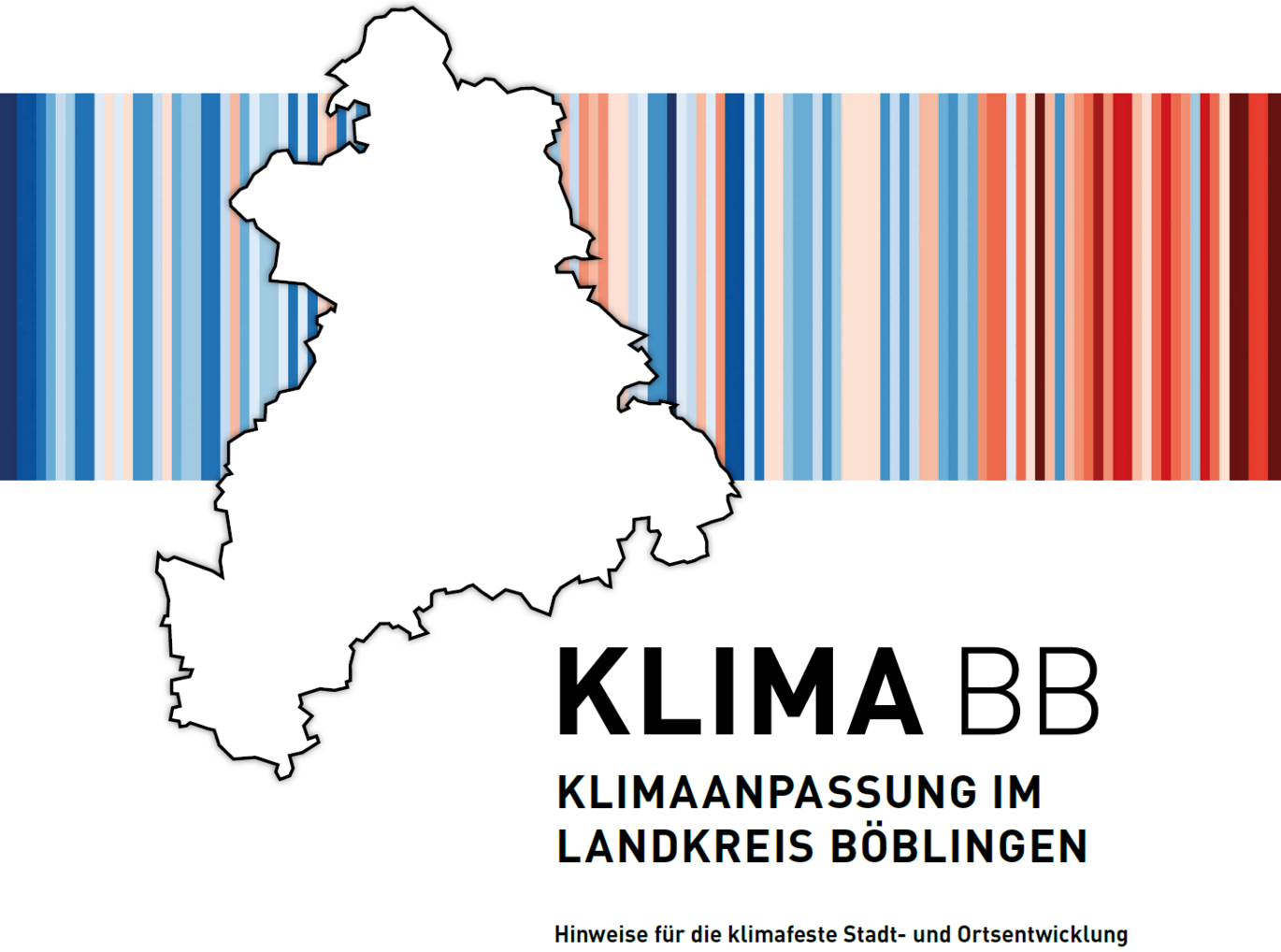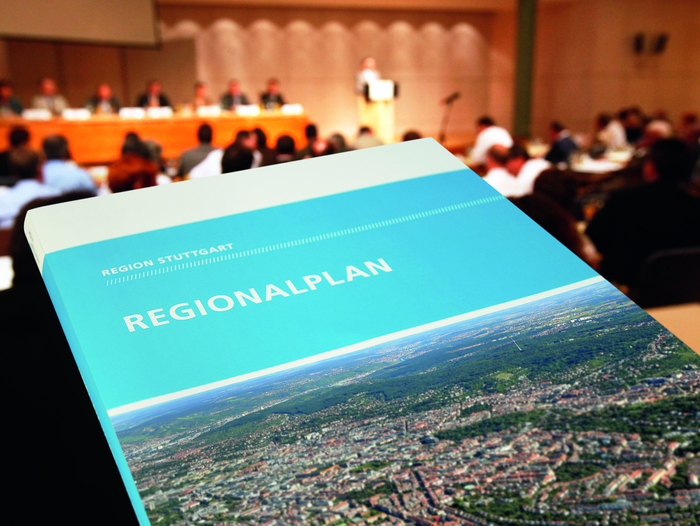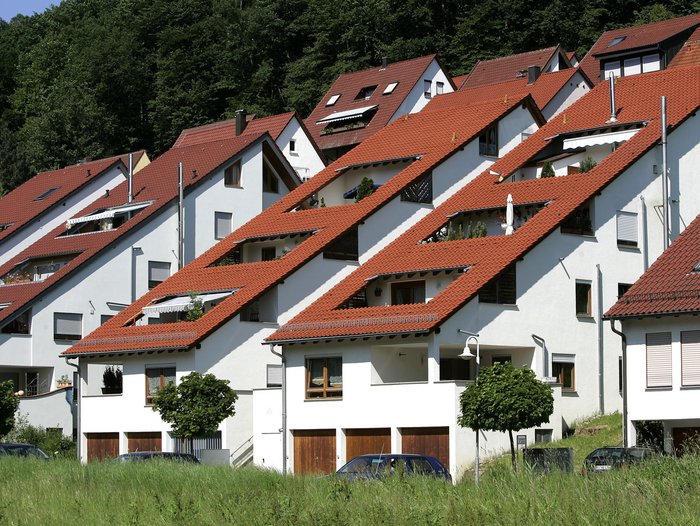
Climate change - adaptation and climate protection
An increase in the average annual temperature of up to five degrees Celsius, heat waves, low water levels, dry periods, heavy thunderstorms with flooding and powerful storms - these are all expected effects of climate change in the Stuttgart Region.
The Verband Region Stuttgart has been involved in adapting to climate change and reducing CO2 emissions at very different levels from an early stage.
Digital climate atlas
Tropical nights, heatwaves, heavy rain: Climate change has long been a reality in the Stuttgart Region. To support local authorities in climate-adapted planning, the Verband Region Stuttgart and the University of Stuttgart have published the new digital climate atlas for the Stuttgart Region. As part of the ISAP (Integrative Urban-Regional Adaptation Strategies) project, an online tool was developed that provides well-founded information, maps and recommendations for action - practical, data-based and freely accessible.
The new climate atlas replaces the previous one from 2008 and contains current data and scenarios - including for a possible global warming of two degrees Celsius. Heat and heavy rain hazards, cold air currents and particularly vulnerable population groups or sensitive infrastructures can be displayed and analyzed on interactive maps. A particular highlight is the new heavy rain hazard map for the entire region.
On the road with public transport
Compact settlement development along development axes that is geared towards public transport contributes to reducing CO2 emissions. As the responsible body for the S-Bahn, the Verband Region Stuttgart supports environmentally friendly public transport by expanding the network, enabling attractive frequencies and relying on comfortable and energy-saving vehicles.
Click here for the S-Bahn
Planning offensive
The regional planning offensive is a major contribution to the implementation of the Climate Protection Act. With the partial updates of the regional plan for wind power and solar energy, important foundations have been laid to meet the statutory expansion targets of the state and federal government and to make a regional contribution to climate protection.
Climate adaptation in the district of Böblingen
The Verband Region Stuttgart sees another field of action in the interlinking and improved coordination of regional and local options for climate protection. Projects funded by the federal government have helped to establish viable structures for local, regional and scientific players. An integrated model for action was developed, recommendations for a regional climate protection strategy were formulated and projects were implemented on a model basis. In this context, the "Climate adaptation in the district of Böblingen" (KlimaBB) project was presented to the public in summer 2022 in close cooperation with the district office and with the support of the Ministry of the Environment. More information on "KlimaBB" can be found here. The 300-page project publication can be viewed digitally here.
Networking
Global solutions to climate change as a global phenomenon can only be found if experiences and concepts for climate-friendly actions are exchanged and instruments are jointly developed. Through its US partner region Northern Virginia, the Verband Region Stuttgart has provided the initial impetus for a transatlantic climate dialog between European metropolitan regions.
Cooperation with the economy
Climate protection also opens up opportunities for the regional economy. In addition to vehicle and mechanical engineering, environmental technology has developed into an important sector and growth market. As a traditional automotive location, the Stuttgart Region attaches particular importance to the topic of electromobility
ISAP - Model region Stuttgart
The Stuttgart Region and its important infrastructure facilities are already affected by the impacts of climate change. For the region, adapting to these effects is therefore a central prerequisite for maintaining the quality of life and living conditions as well as the security and competitiveness of the regional economy. As the responsible body for regional planning, it is therefore the task of the Verband Region Stuttgart to create a planning basis for the implementation of adaptable and resilient spatial structures. The joint project ISAP, funded by the Federal Ministry of Education and Research (BMBF), provides an important basis for this. More information on ISAP can be found here.









